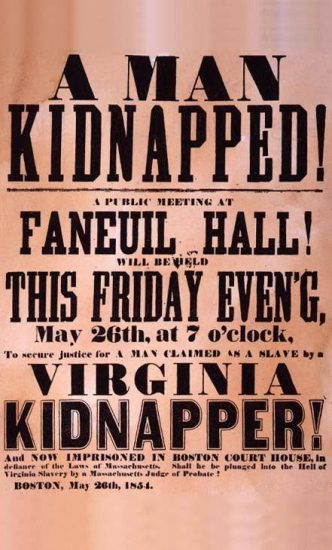
On Sept. 18, the U.S. Congress passed the Fugitive Slave Act of 1850 which required that people who had escaped from slavery be captured and returned.
Textbooks often repeat the propaganda of Confederate apologists:
The Civil War was fought to preserve states rights.
However, that simply is not true. Where was this love for states rights when the South demanded strict enforcement of the Fugitive Slave Act, so that Northern states could not become a haven for people escaping slavery?
“The Compromise of 1850 enacted the draconian Fugitive Slave Act, which demanded that all American citizens act as slave patrollers,” explains Manisha Sinha in “Civil War Revisionism Still Shames America.”
And be it further enacted, That any person who shall knowingly and willingly obstruct, hinder, or prevent such claimant, his agent or attorney, or any person or persons lawfully assisting him, her, or them, from arresting such a fugitive from service or labor, . . . or shall harbor or conceal such fugitive, . . . shall be subject to a fine not exceeding one thousand dollars, and imprisonment not exceeding six months. [From Fugitive Slave Act.]
People who were captured were not allowed to testify in their own defense.
In no trial or hearing under this act shall the testimony of such alleged fugitive be admitted in evidence. . . [From Fugitive Slave Act.]
The lessons and other resources below can be used to teach about the Fugitive Slave Act.


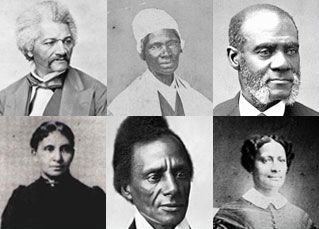





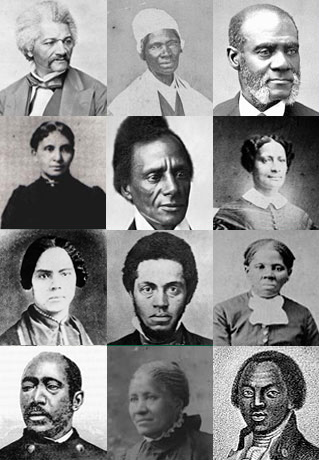
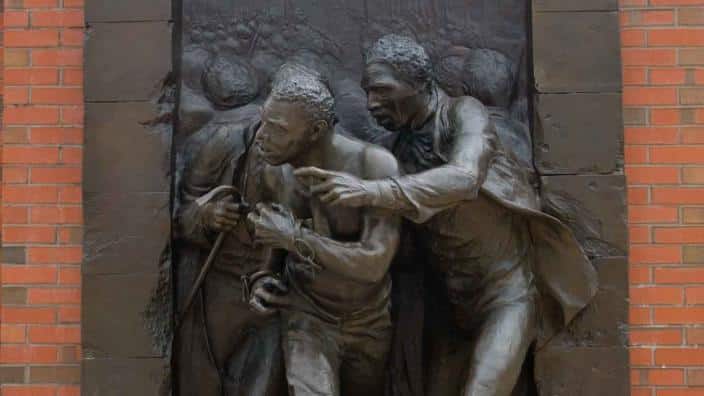
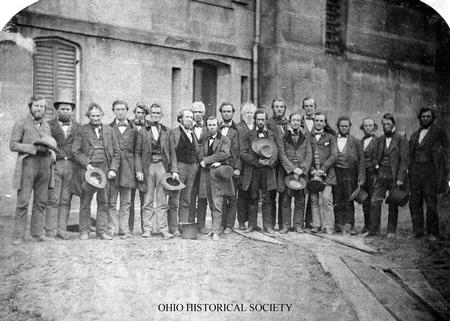
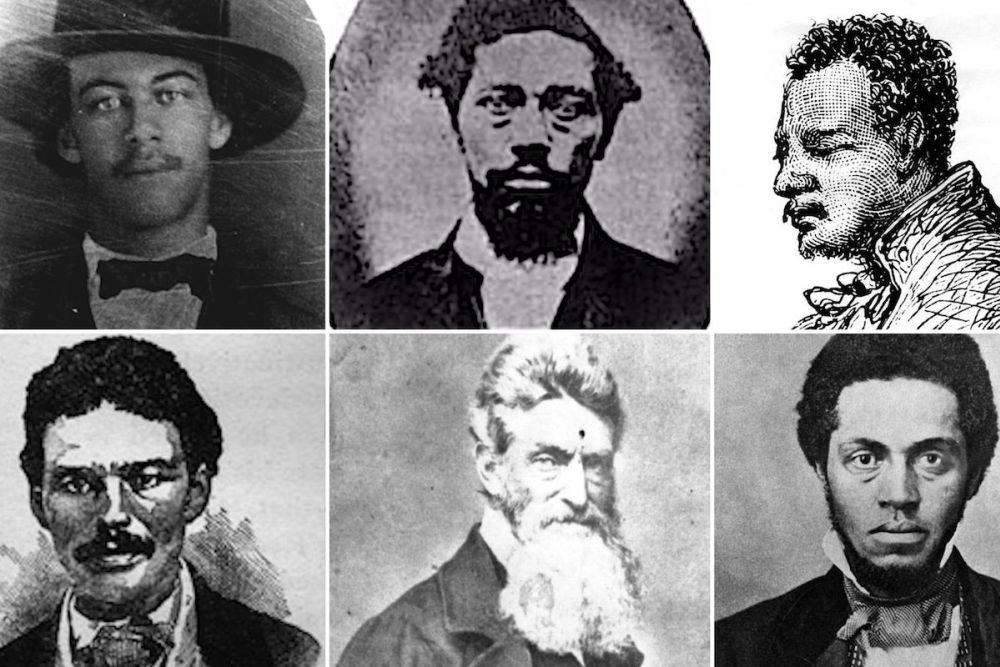
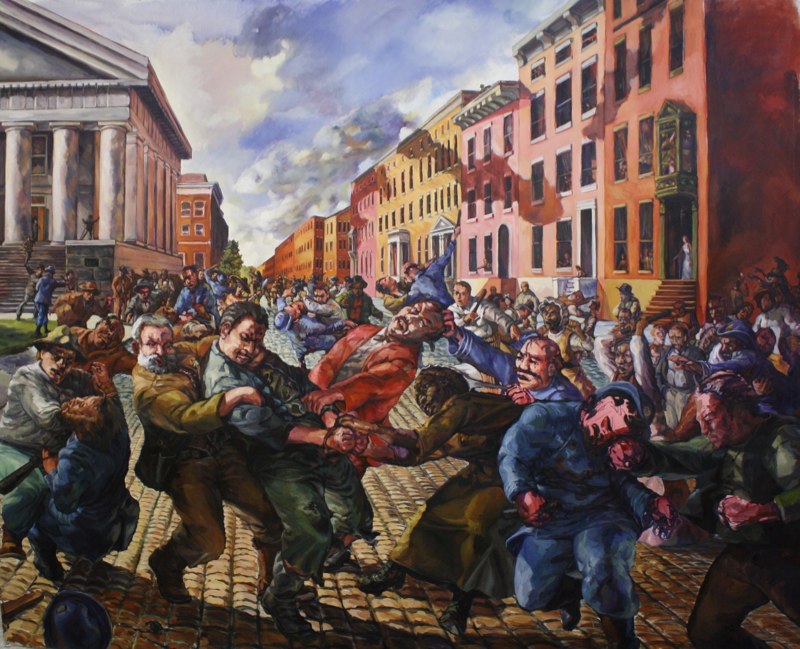





Twitter
Google plus
LinkedIn